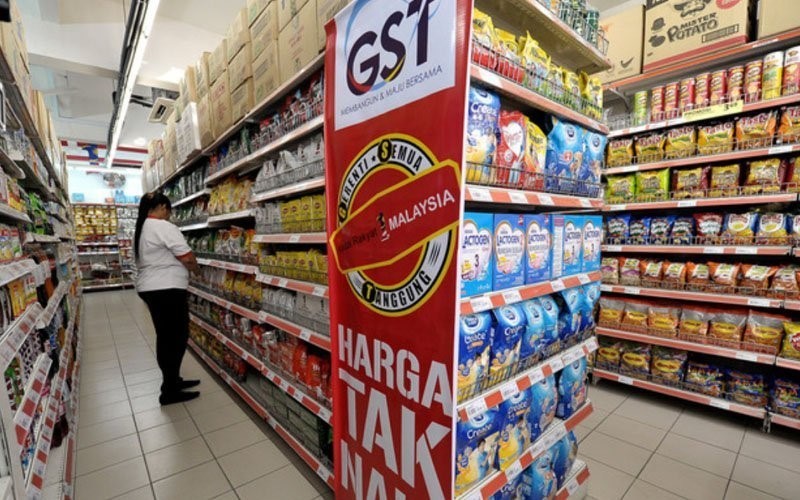
PETALING JAYA: The government needs to review its tax treatment to curb revenue leakage in the 2022 budget, says a think tank.
The Socio-Economic Research Centre (SERC) suggested that the government consider the implementation of a special voluntary disclosure programme (SVDP) for indirect taxes, mainly import duties, excise duties and sales and service tax (SST), which contribute 17.3% (RM45.8 billion) of total revenue.
Its executive director Lee Heng Guie said this would curb revenue leakage and harmful practices. It will also address cross-border tax evasion in digital economy activities.
“Excise duty should be particularly targeted as we know that there is a lot of smuggling activities and counterfeit products that cost billions in revenue losses for the government.”
He said the government should also introduce a tax compliance certificate as a pre-condition for tenderers to participate in any government procurement.
Lee, however, was against the reintroduction of the goods and services tax (GST) due to the current weakening economic and business conditions.
However, he said the budget could make a policy statement on the GST, paving the way for its eventual implementation in 2023.
He also noted that there should be a continuation of financial assistance and relief for households and businesses by providing targeted cash handouts for B40 lower-income households and individuals and a higher amount of e-wallet payment to be spent within a stipulated period to see a boost in consumption.
“There should also be a higher special personal tax relief of RM3,500 for Covid-19 health prevention-related expenses and a higher tax relief limit for contributions to the Employees Provident Fund (EPF) and insurance,” he said.
In terms of upskilling development, Lee hoped the budget would address ways to help employees develop new skills, start an apprenticeship and get better-paid jobs.
He added the government should also help small- and medium-sized enterprises (SMEs) to provide training, skills and technology to compete with bigger firms to become high-growth companies in the future.
“Furthermore, green investment and infrastructure spending should be the core for economic recovery.
“Green infrastructure will be the focus in years to come in areas such as energy, transport, building, waste and water. This will increase resilience to environmental challenges with the contribution of green technology,” he said.
Lee said the government should also use a support, recovery and reset plan to provide support for the tourism sector nationwide and to enable them to reset and become more sustainable and resilient.
“SERC also proposes an extension of a special reinvestment allowance, a special zero tax rate and investment tax allowance to help revive private investments as this will encourage companies to relocate their facilities to Malaysia.
“However, these investments should be between RM300 million to RM500 million.”
Lee also urged the government to move from a broad-based to a targeted approach of fiscal expansionary spending by focusing on rebuilding and sustaining public confidence and trust.
“Besides that, facilitate and secure economic and business recovery by supporting the reallocation of labour and capital to growing sectors through targeted hiring subsidies, job creation, retraining and financing mechanisms.
“Lastly, invest in the future by accelerating digitalisation with technology and automation as this will boost production capacity and productivity as well as competitiveness,” he said.
Lee said SERC predicted that the total budget allocation for 2022 would be RM310 billion, with development expenditure to be between RM60 billion and RM65 billion.
As for the special Covid-19 fund, Lee predicted that it would be around RM18-RM20 billion, which will be lower than last year’s allocation.
He said this was because there would be no one-off large financial assistance any more as the country is in the recovery stage.
Lee also said the government’s debt ceiling would be raised to 65% of the GDP from 60% in order to allow fiscal space to meet contingency expenditure to support a firmer recovery.
Source: https://www.freemalaysiatoday.com/category/nation/2021/10/07/review-tax-treatment-in-budget-2022-govt-told/

